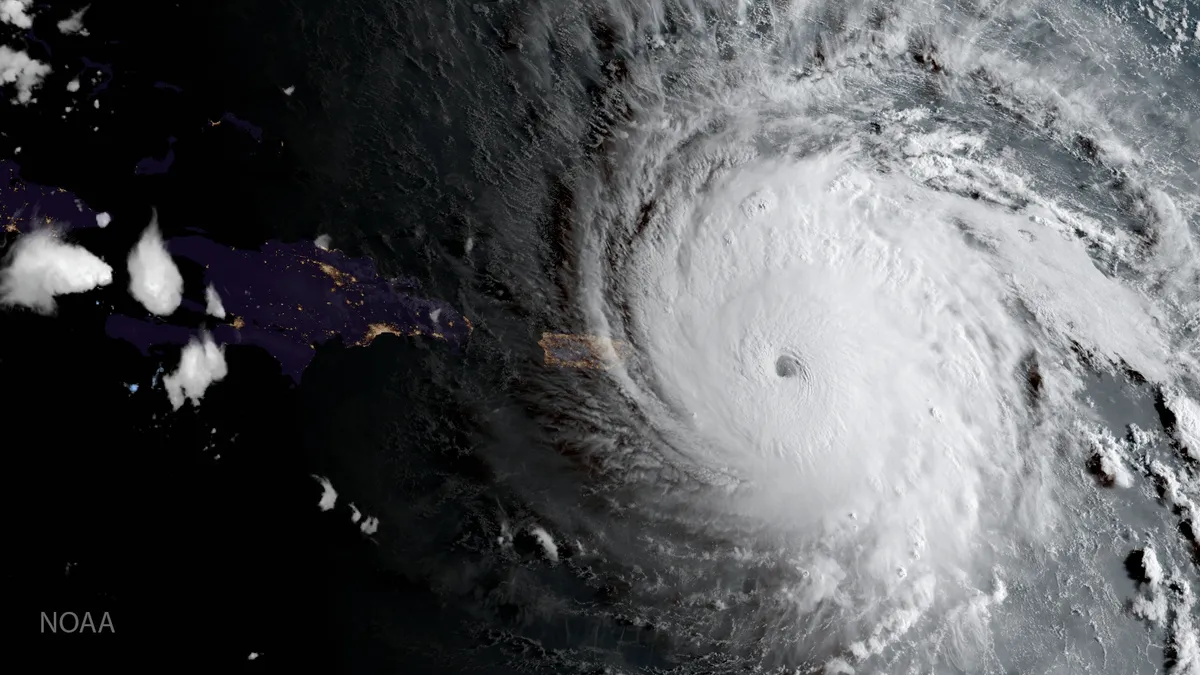Dive Brief:
- Duke Energy Florida has filed a petition with state regulators to recover an estimated $381 million in costs associated with September's Hurricane Irma and also seeks $132 million to replenish its reserve fund for responses to named storms.
- Tampa Electric has also filed with the Florida Public Service Commission (PSC) to recover of $88 million to restore power after Hurricane Irma and several previous storms.
- The largest utility in Florida will not immediately file for recovery, however, according to Platts. Florida Power & Light said it is conducting a broad review of changes to the tax code and how they might impact storm cost recovery.
Dive Insight:
Florida utilities sped recovery times in the face of September's storms, but now utilities are looking at the costs and determining how best to be prepared for the next disruptions.
"This past hurricane season impacted Florida significantly, from damaging homes and infrastructure to affecting agriculture and tourism. Duke Energy Florida understands the impact this filing has on both our residential and business customers," Duke Energy Florida state president Harry Sideris said in a statement.
Residential customers will see an increase of $5.20 per 1,000 kWh on a typical monthly bill, assuming a three-year recovery period. Commercial and industrial customers will see an increase of approximately 2.5% to 6.6%, depending on several factors.The utility depleted $62 million that had remained in the reserve fund as part of its Hurricane Irma storm response.
The charge could become effective with the first billing cycle for March 2018, continuing through February 2021. Regulators will then schedule a hearing process in 2018 to review the final actual costs and adjust the billing rate if necessary.
Tampa Electric also filed for storm recovery with the PSC that are related to Hurricane Irma and several previous storms, including tropical storms Erika and Colin and hurricanes Hermine and Matthew. The utility is seeking about $88 million, which would add $4 to the bill of an average customer using 1,000 kWh/month. The surcharge would take effect in March and continue throughout 2018, which is when the utility says it would likely be reduced.
Platts reports FPL has made an "abrupt change of plans" and will not file for storm recovery, instead launching a broad review of new changes to the tax code and its implications on hurricane costs. The current surcharge for Hurricane Matthew will decline beginning in March, lowering average monthly bills by about $3.36/1,000 kWh.















